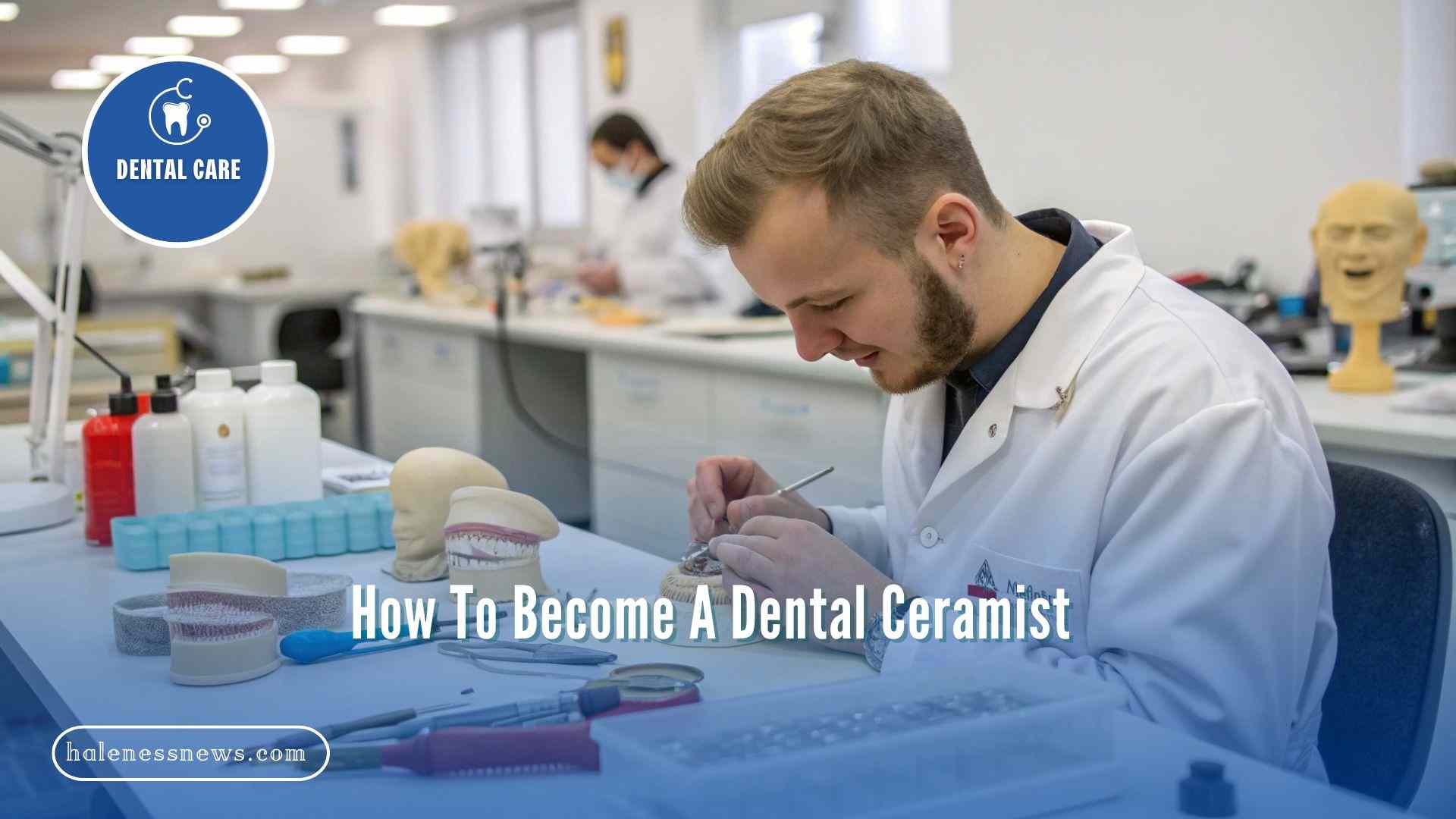When it comes to staying healthy, prevention is just as fundamental as treatment, and that’s where internal medicine plays a powerful role. Focused on the diagnosis, treatment, and prevention of adult diseases, internal medicine offers a comprehensive approach to long-term wellness. Let’s explore how internists enhance preventive health care.
Early Disease Detection
One of the fundamental pillars of preventive health care is early disease detection through screenings. Internal medicine specialists offer routine evaluations tailored to individual needs, taking into account factors such as age, genetics, and lifestyle. These screenings may include checks for high blood pressure, diabetes, cholesterol levels, or specific types of cancer.
Vaccinations are a valuable tool in maintaining immunity. Internists help adults stay up-to-date with vaccinations that protect against life-threatening illnesses. Vaccines such as the flu shot, hepatitis vaccinations, and shingles immunizations are key in preventing outbreaks and supporting broader public health. Not only do these vaccinations reduce the risk of contracting diseases, but they also safeguard vulnerable demographics by reducing the spread of illness within the population. Internists are equipped to guide patients on what vaccinations are necessary based on health history and lifestyle.
A comprehensive health assessment lays the groundwork for effective preventative care. Internal medicine specialists conduct detailed evaluations to establish a snapshot of a patient’s current health status. These assessments often include physical examinations, a review of medical history, and a discussion of any current symptoms or concerns. By identifying potential risks early, internists can guide patients toward tailored health recommendations and interventions, making health management more proactive and effective.
Promoting a Healthy Lifestyle
Internists play a key role in guiding patients toward healthier lifestyle choices. Whether it’s diet planning, exercise routines, smoking cessation, or effective stress management, these practitioners offer evidence-based counseling tailored to individual needs. Instead of simply suggesting “eat better,” an internist might provide guidance on creating a balanced meal plan that incorporates key nutrients while meeting dietary restrictions. This type of targeted advice makes sure that patients can convert recommendations into actionable steps for long-term wellness.
For individuals already managing chronic conditions, internal medicine specialists provide consistent, supportive care. By conducting routine check-ups and monitoring, internists help patients stay ahead of potential complications. A diabetic patient may receive guidance on blood sugar management along with dietary advice. They also adapt treatment plans based on the latest developments in a patient’s symptoms or lab results, reducing the risk of exacerbations.
Every patient is unique, and internists are adept at developing highly personalized care plans. They assess a range of factors such as age, genetics, and medical history when crafting healthcare strategies. These tailored plans might include anything from a personalized exercise routine to adjustments in medication, making sure that patients receive care specific to their circumstances.
Consult an Internal Medicine Specialist Today
Preventive health care is not only about addressing medical concerns as they arise but also about staying ahead of potential issues. Internal medicine stands out by offering adult healthcare services rooted in early detection, lifestyle promotion, and personalized care. Consult an internist today for expert guidance and healthcare tailored to your specific needs.









